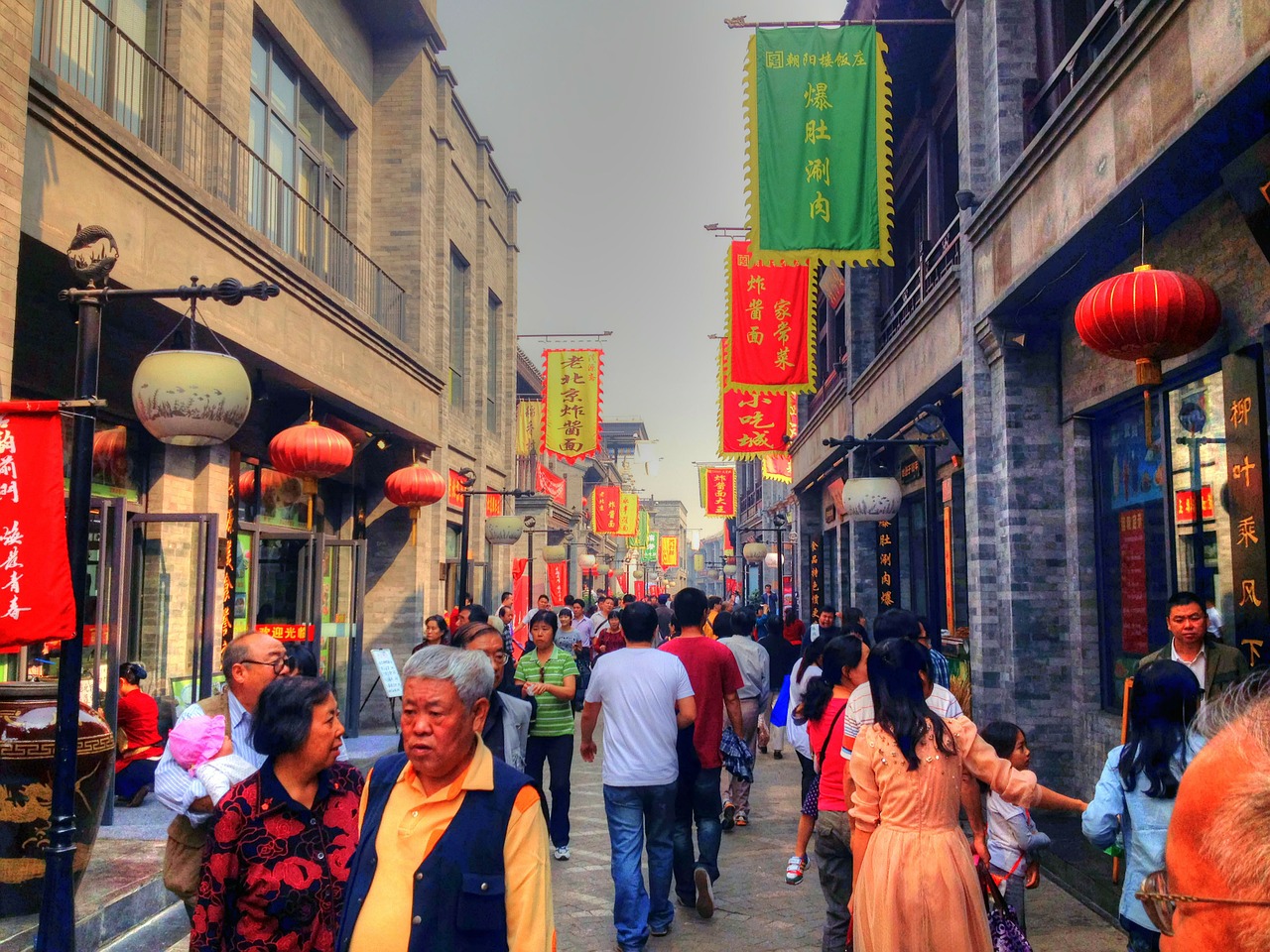I had previously written about a couple common Chengyu (成语) and decided to follow up with some more which I have heard more commonly in speech. I plan to keep going with this series and add a few more literary Chengyu as we progress.
对牛弹琴
对牛弹琴 – dui4 niu2 tan2 qin2
This Chengyu literally translates as “playing a lute to a cow” or metaphorically in English as “casting pearls before swine”. From my research, this Chengyu comes from 牟子理惑论 (mou2 zi3 li3 huo4 lun4, “Master Mou’s Treatise Settling Doubts” per Wikipedia). The original form of this Chengyu was a little different, but the 4 character version is extremely common in both spoken and written Chinese.
This Chengyu is much more flexible than some of the ones we have dealt with previously. As long as the case can be made for why you are effectively “casting pearls before swine”, you have a good use case for this Chengyu. My examples are addressed at people, but keep in mind, you probably won’t make many friends if you actually use these in real life. These are just convenient to show the usage and its limits.
Examples
对他讨论哲学,不如对牛弹琴吧。- Discussing philosophy with him is like casting pearls before swine.
跟小李讨论这件事,不是对牛弹琴吗? – Discussing this issue with Xiaoli, isn’t it just casting pearls before swine?
给你讲我的论文算对牛弹琴。 – Explaining my dissertation to you is just casting pearls before swine.
Examples From The Originating Work
“公明仪为牛弹清角之操,伏食如故。非牛不闻,不合其耳矣。” – 《牟子理惑论》
走马观花
走马观花 – zou3 ma3 guan1 hua1
走马观花 means to “look at flowers while riding on horseback”. Per Baidu, it is the act of riding on the back of a horse and looking at the flowers, it originally described being in a good mood. I found a reference to the originating work, which is titled After the Imperial Exam.
The usage of this Chengyu is pretty simple in that it expresses something happy like traveling but having happened too quick to really fully appreciate it. It isn’t a negative necessarily, but neutral with the tone being dictated by the rest of the sentence around it. This phrase is typically used with places and journeys rather than something like reading a document. This phrase can roughly be translated as “at a glance”.
Examples
我走马观花地看了北京。 – I only saw Beijing at a glance.
我去过了韩国,可是我只走马观花地看了首尔。 – I’ve been to Korea, but I only got to see Seoul at a glance.
Examples From The Originating Work
“昔日龌龊不足夸,今朝放荡思无涯。春风得意马蹄疾,一日看尽长安花。” – 唐·孟郊《登科后》诗
人山人海
人山人海 – ren2 shan1 ren2 hai3
This Chengyu defines a situation where there is a massive number of people. This Chengyu originated in 《西湖老人繁胜录》. This phrase translates literally as, “a mountain of people, a sea of people”. 人山人海 is a bit more flexible than most of our previous examples as long as it fits describing the situation of people.
This phrase can also be used in a fixed phrase as “在人山人海中” to describe “in the crowd”. This basically implies the speaker is in the crowd in some way. There can be emphasis placed with something like the “是…的” construction. This phrase is relatively independent as well, and functions as its own clause.
Examples
现在公园里是人山人海的,我们晚点去吧。 – The park is packed with people, let’s go later.
机场里人山人海,很难找洗手间。 – The airport is filled with people, it’s hard to find the bathroom.
我在人山人海中碰到他。 – I bumped into him in the sea of people.
Examples From The Originating Work
“四山四海,三千三百,衣山衣海,卦山卦海,南山南海,人山人海。” – 《西湖老人繁胜录》
Conclusion
These three Chengyu are extremely common in both speech and writing. 走马观花 is a bit less common in speech, but still has a good use as a more sophisticated way to say you breezed through a city or country while traveling. Pepper these in while discussing travel and you will have a great way to describe different situations, though you may want to steer clear of 对牛弹琴 when talking about people you know!
Image by Yinan Chen from Pixabay
